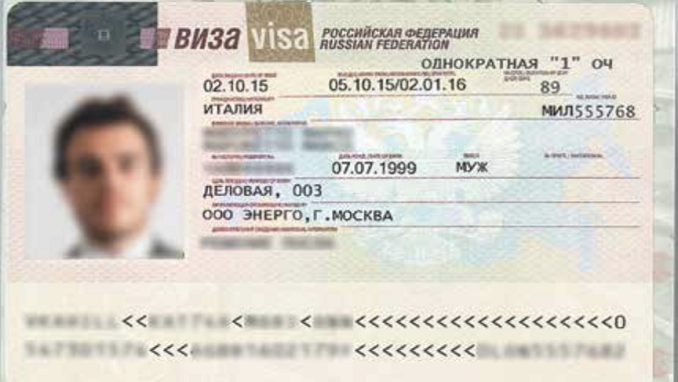Restaurateurs in Russia are attempting to address the issue of personnel shortages after losing a large number of foreign employees during the epidemic, according to Kommersant.
They are ready to pay migrants to get work permits in return for streamlining the process. The authorities pledge to take the proposal into consideration, which may be of interest to other businesses. However, attorneys caution that changing the immigration laws would be difficult. Furthermore, the shift in process increases the potential of misuse on both sides and will need greater formalization of labor-relations registration.
Kommersant obtained a letter in which Vitaly Kornev, President of the Association of Industrial and Commercial Enterprises of the Fish Market (APTPRR) and founder of the Moremania chain of stores and cafes, requests that Prime Minister Mikhail Mishustin grant employers the right to deal with and pay for work permits for foreign citizens. The Association also recommends allowing migrants to work prior to the completion of permit registration by sending a security deposit to the budget, which will be repaid if foreign employees obtain all papers.
The government agency informed Kommersant that the letter had been examined and sent to the Ministries of Internal Affairs and Labor for evaluation. Kommersant’s request was not met with a response from the Ministry of Internal Affairs. According to the Ministry of Labor, the association’s recommendations are being worked out. They noted that businesses may attract foreigners if it is not feasible to find workers within the region: applications for the entrance of about 50 thousand employees have already been submitted in 40 component entities of the Russian Federation. Furthermore, the Ministry of Labor said that an agreement on the organized recruitment of labor migrants was established with the authorities of Uzbekistan and Tajikistan.
These methods are actively utilized by developers, who faced a severe staff shortage during a pandemic owing to a lack of labor migrants. According to the Ministry of Construction, the construction sector has shed 1.2 million jobs this year.
According to Sergey Mironov, chairman of the restaurant industry committee of Moscow’s “Business Russia,” the proportion of foreign nationals in the total number of workers in public catering in Moscow and St. Petersburg ranges from 20 to 90 percent, depending on the kind of institution. According to him, the sector has lost about 30 percent of all workers as a result of the exodus of migrants during the epidemic.
It is impossible to replace them with Russians since, following each major epidemic of coronavirus, catering businesses are initially shuttered, says Irina Blagoveshchenskaya, advisor to the president of the Russian Federation of Restaurateurs and Hoteliers.
Companies in the sector must now wait for migrants to get a patent for their work, which costs money, but the process takes at least a month, and often up to six months, according to Artem Lomize, vice president of APTPRR.
“The migrant is compelled to labor illegally due to a lack of income,” he says. As a consequence, according to Sergei Abashin, a professor at the European University in St. Petersburg, about half of migrants labor without work licenses.












